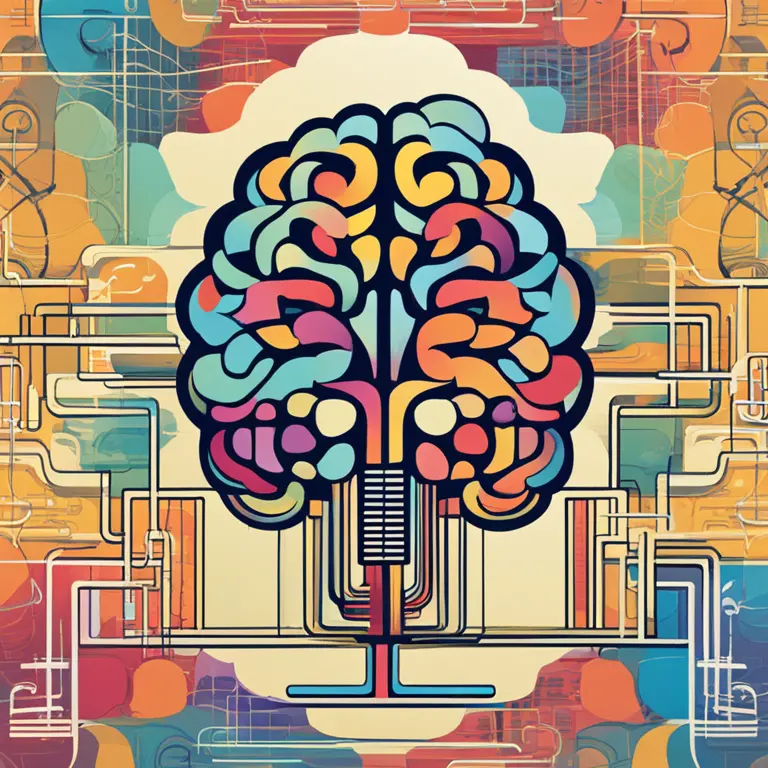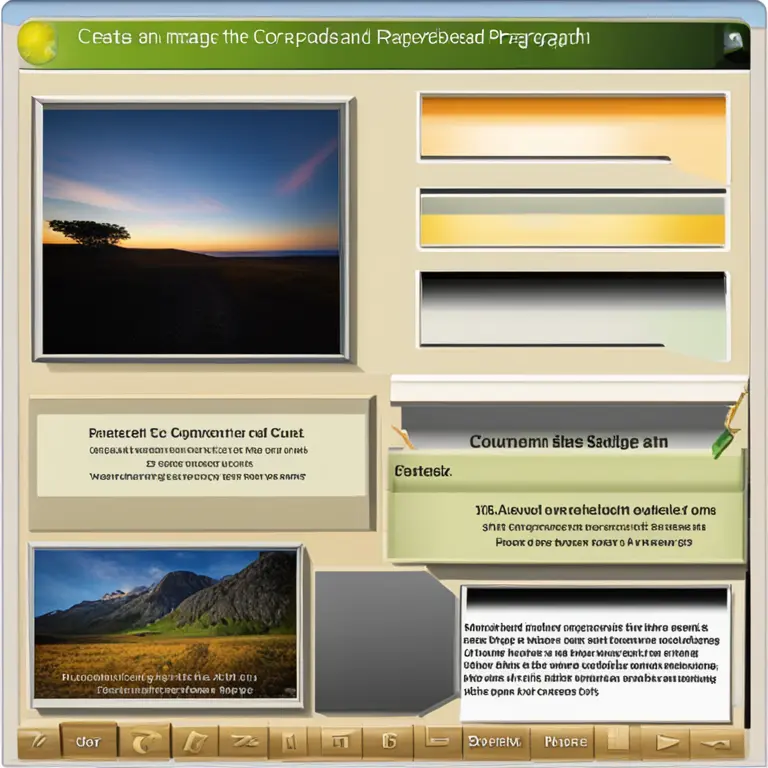
Mindful Meditation and Cognitive Agility
Discover how mindful meditation fosters cognitive flexibility, enhancing your mental well-being and adaptive thinking in a rapidly changing world.
article by Hina Kurosawa
The Intersection of Mindfulness and Mental Agility
Meditation and mindfulness have rooted themselves deeply in our cultural consciousness, no longer confined to the corners of alternative lifestyles but embraced across various sectors for their psychological and physiological benefits. Cognitive flexibility, the mental ability to switch between thinking about two different concepts or to think about multiple concepts simultaneously, is increasingly crucial in our complex, fast-paced world. The synergy of mindfulness practices with enhanced cognitive flexibility offers a gateway to improved mental agility, problem-solving skills, and stress management. As we delve into the practices of mindful meditation, we uncover potent tools for sharpening the mind and fostering a dynamic mental landscape.

Building Blocks of Cognitive Flexibility
Cognitive flexibility is not a single skill but a composite of several mental functions: the ability to adapt to new situations, to overcome unexpected challenges, and to update our beliefs in the face of new information. These capacities are cornerstones for resilience and successful navigation through life's uncertainties. Mindfulness meditation, by its nature, cultivates heightened awareness and presence, enabling individuals to break free from autopilot responses and to consider fresh perspectives. Through regular practice, neural pathways are believed to reinforce plasticity, literally changing brain structure to augment our cognitive suppleness.

Meditative Practices for the Modern Mind
The incorporation of meditative practices into daily routines has been influenced by technological advancements, with a surge of apps and platforms catering to our need for mental cultivation. In 2024, tailored meditation programs, supported by AI-driven personalization, enhance an individual's journey toward increased cognitive flexibility. These programs often include guided sessions, reminding users to acknowledge their thoughts without judgment, to embrace a beginner's mind, and to perceive the impermanent nature of their mental processes. Engaging with such guided practices can lead to improved attention regulation, emotional regulation, and self-awareness—all pivotal in nurturing cognitive elasticity.

Research Insights on Mindfulness and Brain Health
The benefits of meditation are not merely anecdotal. Recent neuroscientific research has shown that regular meditation can lead to structural changes in areas of the brain associated with attention, executive function, and emotional regulation. Studies in 2024 continue to reveal a correlation between long-term meditation and the thickening of the prefrontal cortex, as well as increased connectivity between brain regions. This empirical evidence supports the idea that mindfulness has a tangible impact on our neurological function, aligning well with the concept of cognitive flexibility. Scholars suggest that the detangling of entrenched neural pathways enables more adaptive and efficient thinking patterns.

Practical Application in Everyday Life
The adoption of mindful meditation into one's lifestyle need not be overwhelming. Begin with short, daily sessions, focusing on the breath and allowing thoughts to pass without attachment. Gradual integration leads to more sustained states of focus and improved mental agility in facing the complexities of everyday activities. The practice of non-judgmental awareness enables individuals to perceive problems as temporary and changeable, thereby applying flexible thinking to find innovative solutions. Applying these principles to interpersonal relationships, work challenges, and personal development, practitioners often report a profound improvement in their quality of life.
Fostering a Future of Adaptive Thinkers
As the world evolves, the ability to maintain cognitive flexibility becomes more valuable. By embracing the practice of mindful meditation, individuals and communities are investing in a toolset that promotes not just individual well-being, but also a future where adaptive, resilient thinkers are prevalent. Skills honed through mindfulness transcend the personal, enhancing collective capacity to navigate an ever-changing landscape with grace, innovation, and resilience. Encouraging the widespread adoption of such practices could very well be foundational to cultivating a society that values and exhibits cognitive flexibility as a norm rather than an exception.
Published: 1/18/2024
Modified: 1/18/2024
More predictions
Come back here soon to learn more about yourself and your future


Easing Anxiety Through Mindful Meditation
Discover how mindful meditation can be a serene gateway to relieving anxiety, fostering a peaceful mind, and promoting overall well-being.


Can Meditation Impact On Depression?
Meditation can be a powerful tool for mental health. Discover whether incorporating a meditation practice can alleviate depressive symptoms.


Exploring Meditation in Psychological Practice
Delve into the psychological perspective on meditation, its benefits, and applications in modern mental health practices.